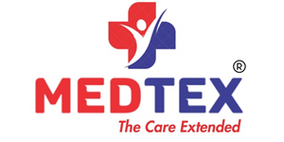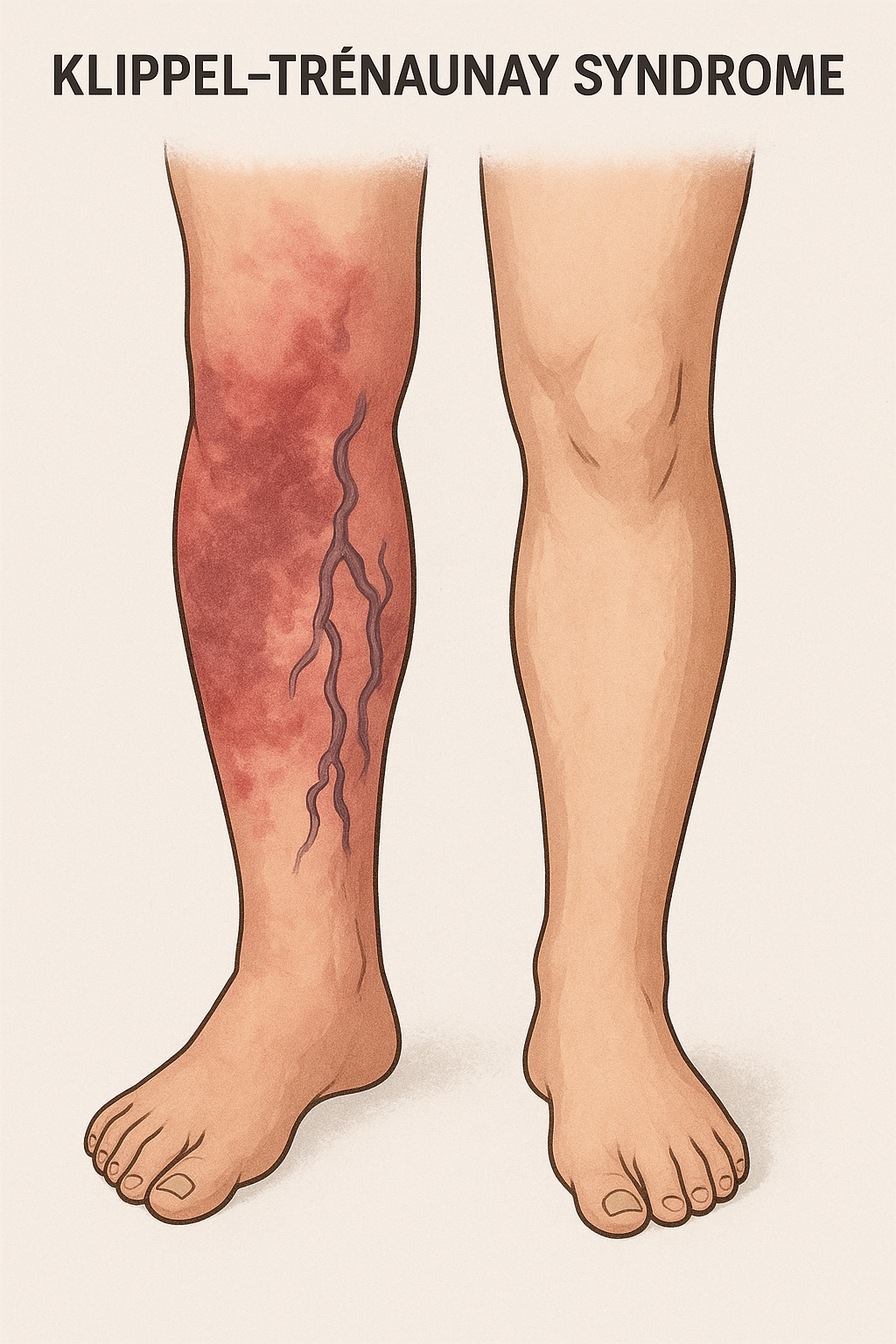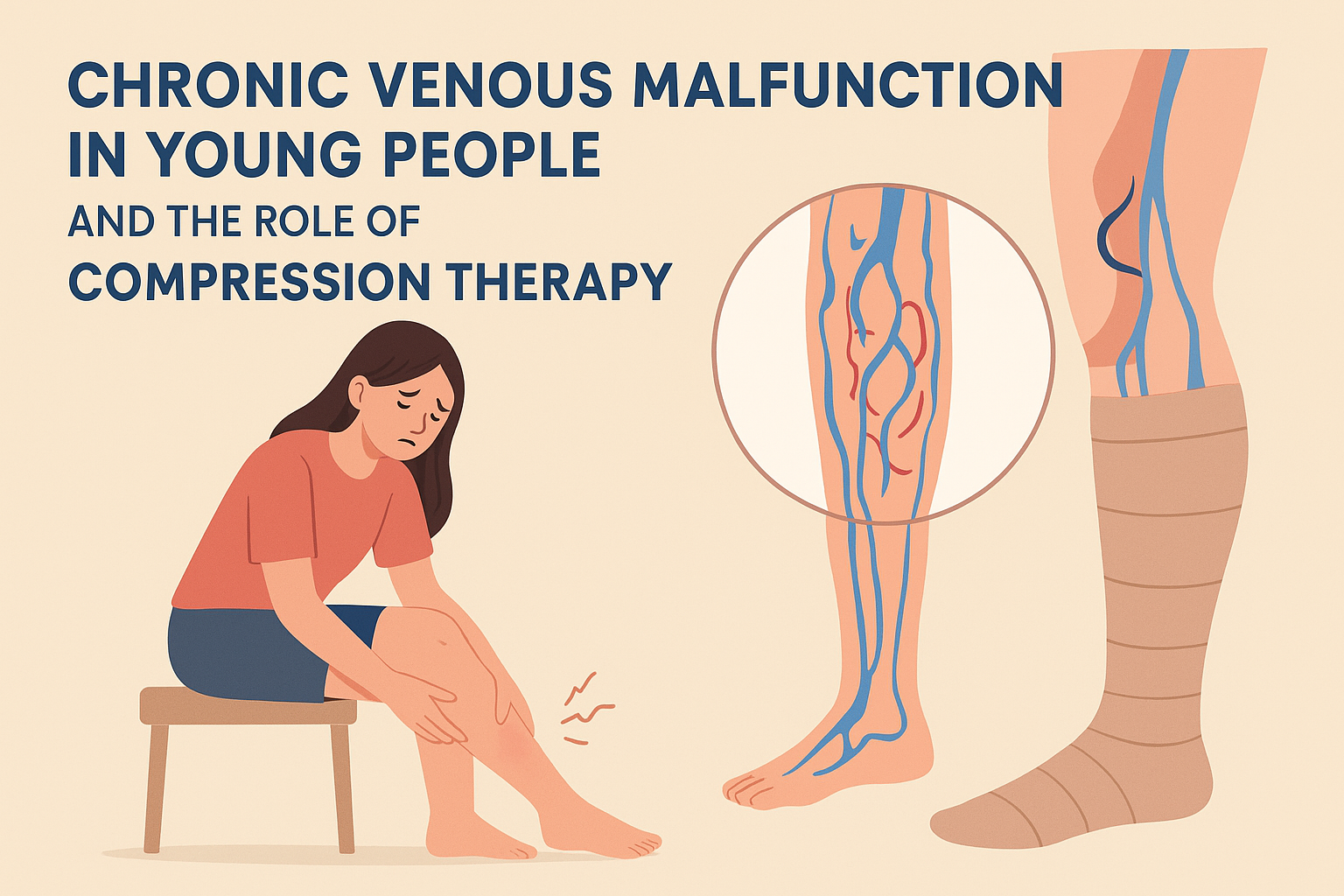We are committed to providing valuable insights to empower individuals on their journey to better health. In this comprehensive guide, we delve into the crucial role of vitamin D in our well-being and explore the potential health impacts of low vitamin D levels. With our expert knowledge and guidance, you'll gain a deeper understanding of how to optimize your vitamin D levels for overall health and vitality.
Understanding Vitamin D
Title: "The Sunshine Vitamin"
Vitamin D, often referred to as the "sunshine vitamin," is a crucial nutrient that our bodies produce when exposed to sunlight. It plays a vital role in maintaining various bodily functions and has a profound impact on our health.
The Importance of Vitamin D
Title: "The Body's Essential Partner"
1. Bone Health and Calcium Absorption
Vitamin D is essential for proper calcium absorption, promoting strong bones and reducing the risk of osteoporosis and fractures.
2. Immune System Support
Optimal vitamin D levels support a robust immune system, aiding in the body's defense against infections and diseases.
3. Mood and Mental Health
Research suggests that vitamin D may play a role in regulating mood and reducing the risk of depression and other mental health conditions.
4. Cardiovascular Health
Maintaining adequate vitamin D levels is associated with improved heart health and a reduced risk of cardiovascular diseases.
Symptoms of Low Vitamin D Levels
Title: "Detecting the Deficiency"
1. Fatigue and Weakness
Chronic fatigue and weakness may be early signs of low vitamin D levels in the body.
2. Bone Pain and Muscle Aches
Vitamin D deficiency can lead to bone pain and muscle aches, affecting overall mobility.
3. Impaired Wound Healing
Delayed wound healing may indicate insufficient vitamin D levels, as it plays a role in the body's healing processes.
4. Frequent Infections
A weakened immune system due to low vitamin D can lead to a higher susceptibility to infections.
Sources of Vitamin D
Title: "Sunlight and Beyond"
1. Sun Exposure
Spending time outdoors in direct sunlight allows the body to naturally produce vitamin D.
2. Dietary Sources
Foods such as fatty fish, fortified dairy products, and egg yolks are good dietary sources of vitamin D.3. Supplements
In cases where sun exposure and dietary intake are insufficient, vitamin D supplements can help bridge the gap.
we believe that awareness and understanding of vitamin D's significance are vital to achieving optimal health. By recognizing the symptoms of low vitamin D levels and incorporating vitamin D-rich foods or supplements into your lifestyle, you can take proactive steps towards better health and well-being.
Let us guide you on this journey to harness the power of vitamin D and unlock a healthier, happier you!












